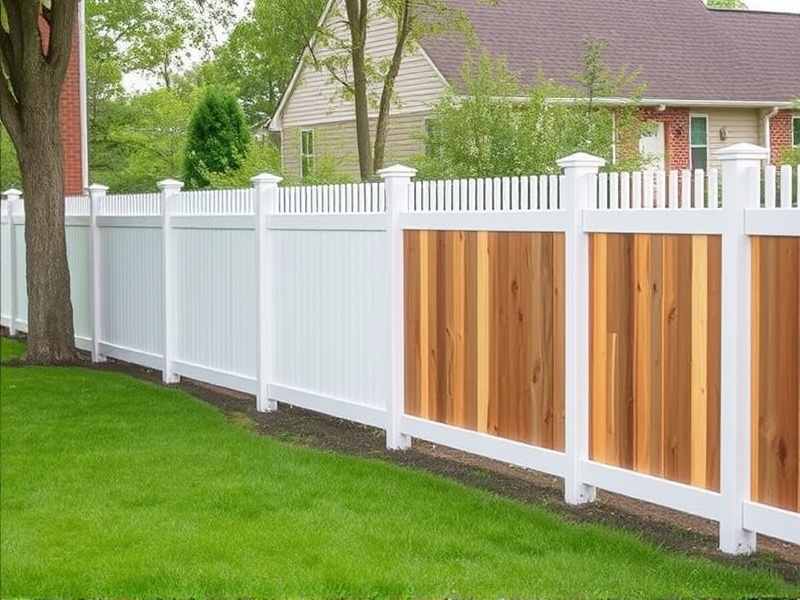Our Location
304 North Cardinal St.
Dorchester Center, MA 02124
Explore the key differences between vinyl and composite fencing materials to help you decide which one suits your needs.

When it comes to choosing between vinyl fencing and composite fencing, one of the most important factors to consider is durability. Vinyl fencing is known for its exceptional resistance to weathering, rot, and insects, making it a popular choice for homeowners who want a fence that can withstand the elements with minimal maintenance. Composite fencing, on the other hand, is made from a mixture of wood fibers and plastic, which gives it a natural look while also providing good resistance against moisture and decay. However, composite fencing can be more susceptible to fading over time due to UV exposure.
Maintenance is another critical aspect when comparing vinyl fencing and composite fencing. Vinyl fencing requires very little upkeep; it does not require painting or staining, and cleaning it is as simple as hosing it down periodically. In contrast, composite fencing may need occasional cleaning to remove dirt and algae, but it generally requires less maintenance than traditional wood fencing. Both types of fencing are resistant to rot and insect damage, which significantly reduces the need for repairs.
The initial cost of vinyl fencing is typically lower than that of composite fencing, making it a budget-friendly option for many homeowners. However, the long-term costs should also be considered. While vinyl fencing might require fewer repairs, it can become brittle and crack over time under extreme conditions. Composite fencing, although initially more expensive, is often seen as a better investment because it offers a more natural aesthetic and can last longer with proper care. The longevity of composite fencing can offset its higher upfront cost.
Both vinyl and composite fencing offer an attractive alternative to traditional wood fencing. Vinyl fencing comes in various styles and colors, allowing homeowners to choose a design that complements their property’s aesthetics. Composite fencing, on the other hand, provides a more organic look that closely resembles natural wood without the associated maintenance issues. The choice between the two often depends on personal preference and the desired aesthetic outcome.
When deciding between vinyl and composite fencing, consider your specific needs and preferences. If you’re looking for low-maintenance, cost-effective fencing with a modern look, vinyl might be the best choice. For those seeking a more natural appearance and willing to invest in a slightly pricier option, composite fencing could be ideal. Additionally, consider the climate and environmental factors in your area, as they can influence the longevity and performance of both materials.
Family Handyman: This article provides a detailed comparison between vinyl and composite fencing, including insights into durability, maintenance, and cost considerations.